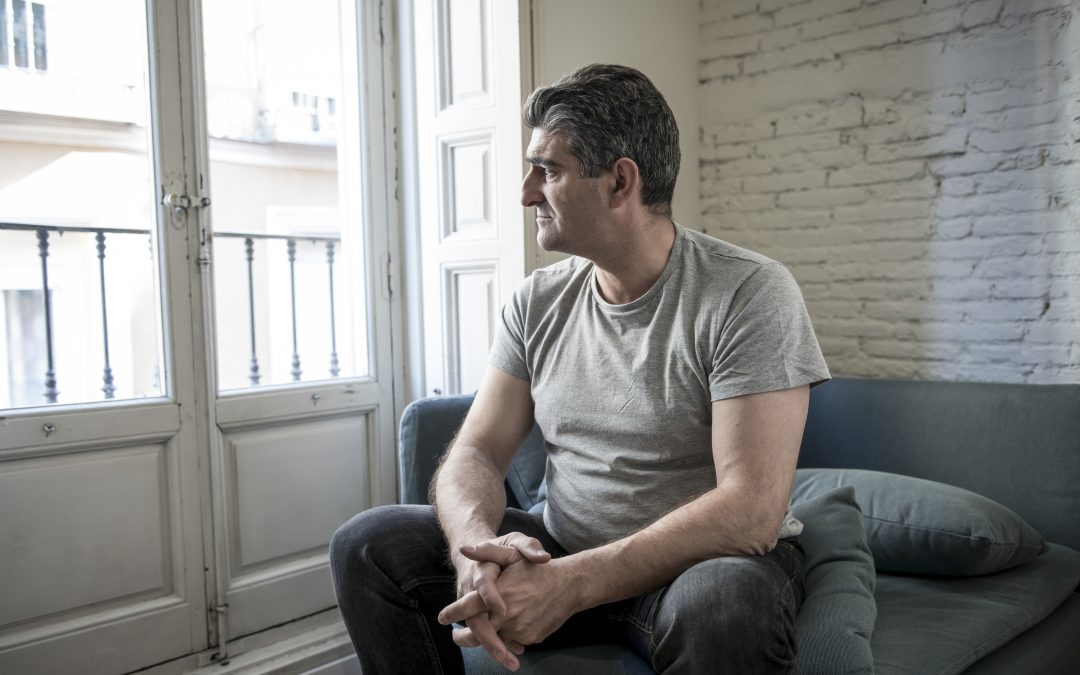One in three Americans suffer from chronic pain and it usually takes three to six months to diagnose the condition, so many physicians overlook the symptoms. Once diagnosed, the treatment of choice by many physicians for the last 25 year has been opioids, but recently the medical community has been looking for alternative to pain management.
We are all under a lot of stress living with the uncertainties of Covid-19. For chronic pain sufferers, an increase in pain levels is typically associated with higher stress and anxiety levels. Chronic pain hasn’t gone away with this pandemic and those suffering with chronic pain are hesitant to access medical care for fear of exposure. Pain becomes their entire world.
Cognitive behavioral therapy (CBT) is a form of talk therapy that helps people identify and develop skills to change negative thoughts and behaviors. CBT suggests that individuals — not outside situations and events — create their own experiences, pain included. And by changing their negative thoughts and behaviors, people can change their awareness of pain and develop better coping skills, even if the actual level of pain stays the same.
Pain is in your brain.
Joseph Hullett, MD, is a board certified psychiatrist and is the senior medical director for Optum Health Behavioral Solutions and works with many chronic pain patients. He says “CBT can change the thoughts, emotions, and behaviors related to pain, improve coping strategies, and put the discomfort in a better context.” You recognize that the pain interferes less with your quality of life, and therefore you can function better.
CBT can also change the physical response in the brain that makes pain worse. “Pain causes stress, and stress affects pain control chemicals in the brain, such as norepinephrine and serotonin, Hullett says. CBT reduces the arousal that impacts these chemicals. This, in effect, may make the body’s natural pain relief response more powerful.
What can CBT do for you?
Cognitive behavioral therapy changes the way people perceive their pain. CBT can change thought, emotions and behaviors related to pain. It can help an individual develop or improve coping strategies and helps redefine pain. CBT helps an individual realize pain doesn’t need to be such a disruptive force in your life, so you actually can change the way you look at chronic pain.
CBT can also change the physical response in the brain that makes pain worse. Pain causes stress, and stress affects pain control chemicals in the brain, such as norepinephrine and serotonin, Hullett says. “CBT reduces the arousal that impacts these chemicals. This, in effect, may make the body’s natural pain relief response more powerful.”
CBT is usually used with physical and occupational therapy, biofeedback, massage and acupuncture. And it has been proven to be THE most effective type of treatment for chronic pain
Pacific Rehabilitation Centers offers CBT for injured workers both in their physical clinics and through virtual health. Being off work with an injury is stressful enough, but the added uncertainty of the pandemic adds even more stress. All it takes is a referral and often does not required L&I approval for an injured worker to access CBT from one of the Pacific providers.
If you would like to learn more about Pacific Rehabilitation Centers, please read more about us or contact us.
